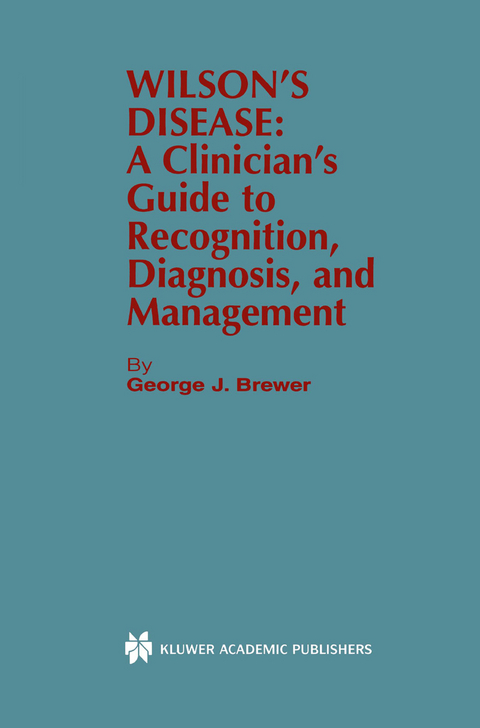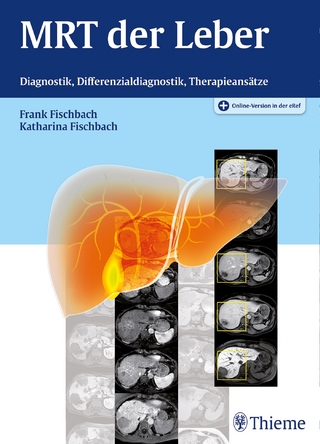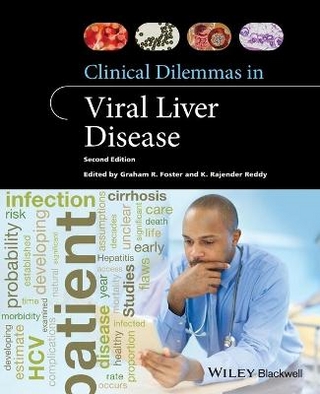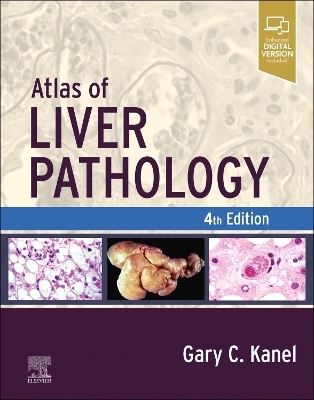
Wilson’s Disease
Springer-Verlag New York Inc.
978-1-4613-5657-8 (ISBN)
Dr. Brewer is the world's leading expert on Wilson's disease, seeing and caring for over 300 patients with the disease during the last 20 years. He is a professor of human genetics at the University of Michigan.
1. Overview of the Disease for the Clinician.- Cause of Wilson’s disease.- Inheritance.- Clinical Presentations.- Recognition Problem.- Some Screening Tests are Accurate.- Diagnosis is Usually Straightforward.- Treatment and Management Concepts.- Monitoring and Compliance.- Prognosis.- 2. The Clinician’s Challenge: Recognizing Wilson’s Disease.- The Neurological Presentation.- The Hepatic Presentation.- The Behavioral Change Presentation.- The Presymptomatic Patient.- Other Situations in Which Wilson’s Disease May be Present.- Key Points with Respect to Recognition of Possible Wilson’s Disease.- 3. Simple Approaches to Screening and Definitive Diagnosis.- Screening Tests and Procedures.- How to Screen Patients for Wilson’s disease.- Making a Definitive Diagnosis of Wilson’s Disease.- Disasters and Near Disasters Related to Screening and Diagnostic Tests.- 4. Description of the Anticopper Drugs Which are Used in Wilson’s Disease Therapy.- Zinc.- Trientine.- Tetrathiomolybdate.- Penicillamine.- Other Anticopper Drugs.- 5. Overview of Management for the Clinician: What’s Important and What’s Not.- Anticopper Drug Therapy Overview—Important.- Diet—Generally Not Important.- Drinking Water—Occasionally Important.- Patients Signs and Symptoms—Always Important.- 6. Initial Treatment of Patients Who Present With Liver Disease.- Initial Therapy of Patients With Hepatic Failure.- Initial Therapy of Patients with Hepatitis.- 7. Initial Treatment of Patients Who Present With Neurological and/or Psychiatric Disease.- Neurological Worsening of Patients with Initial Penicillamine Therapy.- Recommended Therapy—Tetrathiomolybdate.- Alternative Therapies.- 8. Maintenance Therapy.- Recommended Maintenance Therapy—Zinc.- Alternative Maintenance Therapy.- 9.Therapy of the Presymptomatic, the Pediatric, and the Pregnant Patient.- Therapy for the Presymptomatic Patient.- Therapy for the Pediatric Patient.- Therapy for the Pregnant Patient.- 10. Risk Factors during Maintenance Therapy and Prognosis.- A General Risk Factor—Poor Compliance.- Hepatic Risk Factors.- Neurological Risk Factors.- Psychiatric Risk Factors.- Prognosis.- 11. Disease Pathogenesis and Genetics.- Does Copper Toxicity Cause Wilson’s Disease?.- Normal Copper Handling.- Defective Biliary Excretion of Copper in Wilson’s Disease.- The Genetics of Wilson’s Disease.- From Gene Defect to Copper Accumulation, Organ Damage, and Symptoms.- Animal Models.- Summary of Our Knowledge of Pathogenesis.- 12. Disease Pathology.- The Nature of Copper Toxicity.- Liver Pathology.- Brain Pathology.- Pathology in Other Organs.- Summary.- 13. History, Important Milestones, and the Future.- History of Wilson’s Disease.- Future Challenges.- Summary.
| Zusatzinfo | XXVIII, 190 p. |
|---|---|
| Verlagsort | New York, NY |
| Sprache | englisch |
| Maße | 155 x 235 mm |
| Themenwelt | Medizinische Fachgebiete ► Innere Medizin ► Hepatologie |
| Medizin / Pharmazie ► Medizinische Fachgebiete ► Neurologie | |
| Studium ► 2. Studienabschnitt (Klinik) ► Humangenetik | |
| Naturwissenschaften ► Biologie ► Zoologie | |
| ISBN-10 | 1-4613-5657-1 / 1461356571 |
| ISBN-13 | 978-1-4613-5657-8 / 9781461356578 |
| Zustand | Neuware |
| Haben Sie eine Frage zum Produkt? |
aus dem Bereich


